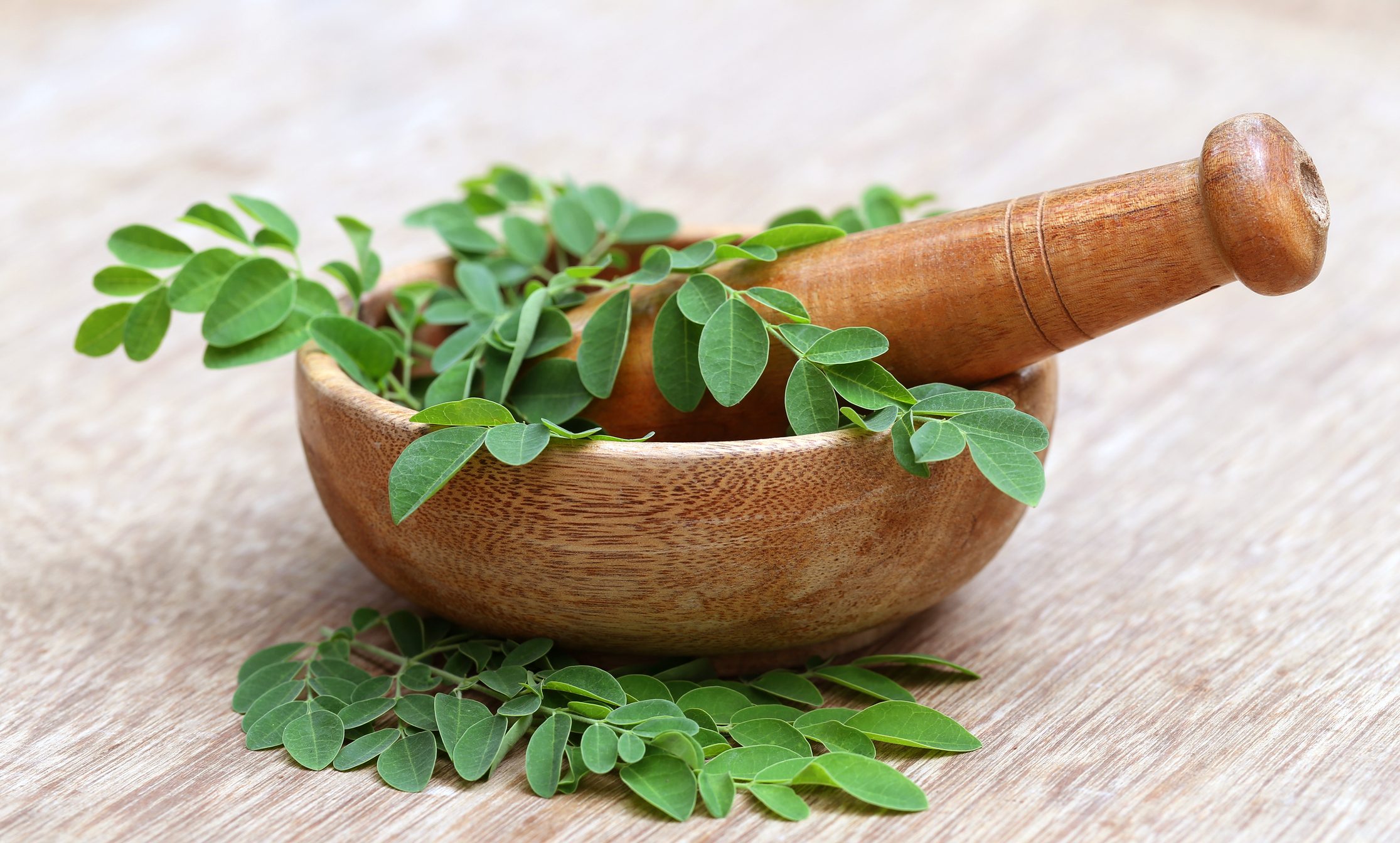6 Amazing Benefits of the Moringa Leaf
Among the many herbs and greens, the moringa leaf is one of the most nutrient filled. In this article, we explore some of its amazing uses guaranteed to make you feel the need to pick some up on your next supply run.
;Resize,width=742;)
The moringa leaf is known to have high nutrient value that far outshines those of nutrient giants like carrots, oranges and even milk.
The leaves are commonly used in Indian cuisine where they have a variety of uses. The two best ways people like to consume them is by adding them to juice or using them as stir-fry vegetables.
However, when they are consumed in their natural form, the moringa leaves trigger no side effects. Below are some great benefits of the leaves.
1.They are rich in vitamins and minerals
Moringa leaves are reservoirs of vitamins A, C, B1 (thiamin), B2 (riboflavin), B3 (niacin), B6 and Folate. They also contain large amounts of magnesium, iron, calcium, phosphorus, and zinc. Just a cup of moringa leaves contains 2 grams of protein, magnesium (8 percent of the RDA), Vitamin B6 (19 percent of the RDA), Iron (11 percent of the RDA), Riboflavin (11 percent of the RDA) and Vitamin A (9 percent of the RDA).

2. They are rich in amino acids
Moringa leaves contain a lot of amino acids, which are the building blocks of proteins. They have been known to contain 18 different types of amino acids, all of which are important to human wellbeing.
3. They can be used to fight inflammation
Inflammation is the body's natural response to pain and injury. Moringa leaves are anti-inflammatory in nature because they are rich in isothiocyanates. They also contain niazimicin that is known to reign in the development of cancer cells.

4. They are rich in antioxidants
Moringa leaves have anti-oxidative properties that protect the body against free radicals that cause damage to the body leading to chronic diseases like type 2 diabetes, heart problems and Alzheimer’s.
Moringa leaves contain a lot of vitamin C and beta-carotene that negatively affects the free radicals. They are also rich in Quercetin, an antioxidant that helps to lower blood pressure.
5. They help reduce blood sugar levels
Moringa leaves contain Chlorogenic acid which aids the stabilizing of blood sugar levels after meals. Sustained high blood sugar levels lead to the development of diabetes in individuals. This, in turn, generally leads to heart problems and organ damage in the body. Moringa leaves stabilize the blood sugar levels thanks to the presence of isothiocyanates and chlorogenic acid within them.

6. They are good for the stomach
Moringa leaves work well against digestive disorders like constipation, bloating, gas, gastritis and ulcerative colitis. The leaves are rich in antibiotic and antimicrobial properties which make them useful against digestive disorders. The leaves also contain a lot of vitamin b which aid digestion.
;Resize,width=767;)
;Resize,width=712;)
;Resize,width=712;)
;Resize,width=712;)
